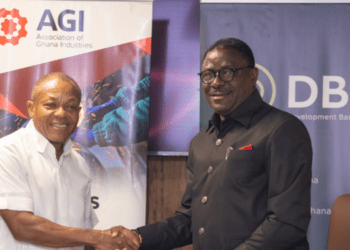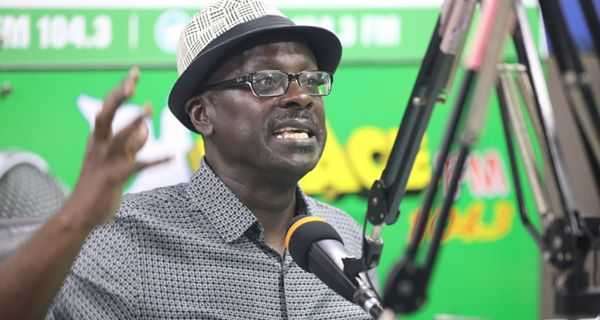Ghana is set to roll out the unified license regime which will per global standard of licensing for telecom operators, will reduce the cost of internet for operators and consequently consumers.
This move by government is intended to make data easily accessible to consumers at a cheaper and affordable rate as the new licensing regime will also permit telecom operators to acquire a set of licenses for both voice and data operations.
Minister designate for Communication and Digitalization, Mrs. Ursula Owusu Ekuful, hinted that the option has become critical due to the increasing usage of data and internet in the country.
Mrs. Ekuful noted that, the existing license regime doesn’t have the technology to grant a single license for a spectrum operation, therefore operators acquire a separate license for each spectrum that is either 2G, 3G or 4G. This situation, she believes, will contribute to the high cost of internet or data.
“Moving forward, we will implement the unified licensing regime so that it doesn’t matter whether 2G, 3G or 4G spectrum license that you have to deliver the services that you want for your customers”.
Last year, Vice President of the Republic, Dr. Mahamudu Bawumia underscored the importance of Ghana’s telecommunications sector to undergo a unified license regime – an agenda the Vice President referred to as the way forward to ensure alignment with Telecoms Policy.
Making the statement during his keynote address to participants at an Industry breakfast meeting organized by the Ghana Chamber of Telecommunications, he outlined how Ghana’s National Telecom Policy created in 2005 was to adopt a neutral approach to regulation of the communications sector.
According to Dr. Bawumia, in practice, the current licensing framework consists of a number of different service-specific license categories, which requires 17 different forms of permission to provide communications services to Ghanaians.
To rectify this, he urged the need to identify the way forward in ensuring alignment with the policy which states that, “Licensing and regulation shall be technologically neutral to encourage economically efficient and innovative market development”.
He further admonished for flexibility with regards to regulatory models in providing certainty in licensing. This he believes would reduce cost on service providers.
“A finite roadmap is vital in supporting our market players and allowing flexibility, minimizing distortions from historic regulatory models, providing certainty in licensing, reducing compliance costs and allowing licensees deploy the most efficient and cost-effective network technologies”.
Mahamudu Bawumia
To that end, the Vice President indicated that government is willing to partner the industry and all key stakeholders, to consolidate efforts to leverage ICT for National development.
Chief Executive of AirtelTigo, Mrs. Mitwa Keamba Ng’ambi also expressed her commitment to supporting the efforts to achieving President Akufo-Addo’s drive of a Ghana Beyond Aid using the Telecommunications industry as a catalyst and the rails on which other sectors will ride.
Essentially, the concept of unified telecommunications licensing which is prevalent in a number of countries, including Singapore, Australia, certain European Union countries and recently India, allows competing telecommunications operators and service providers to offer various telecommunications services without having to apply for separate licenses.





















